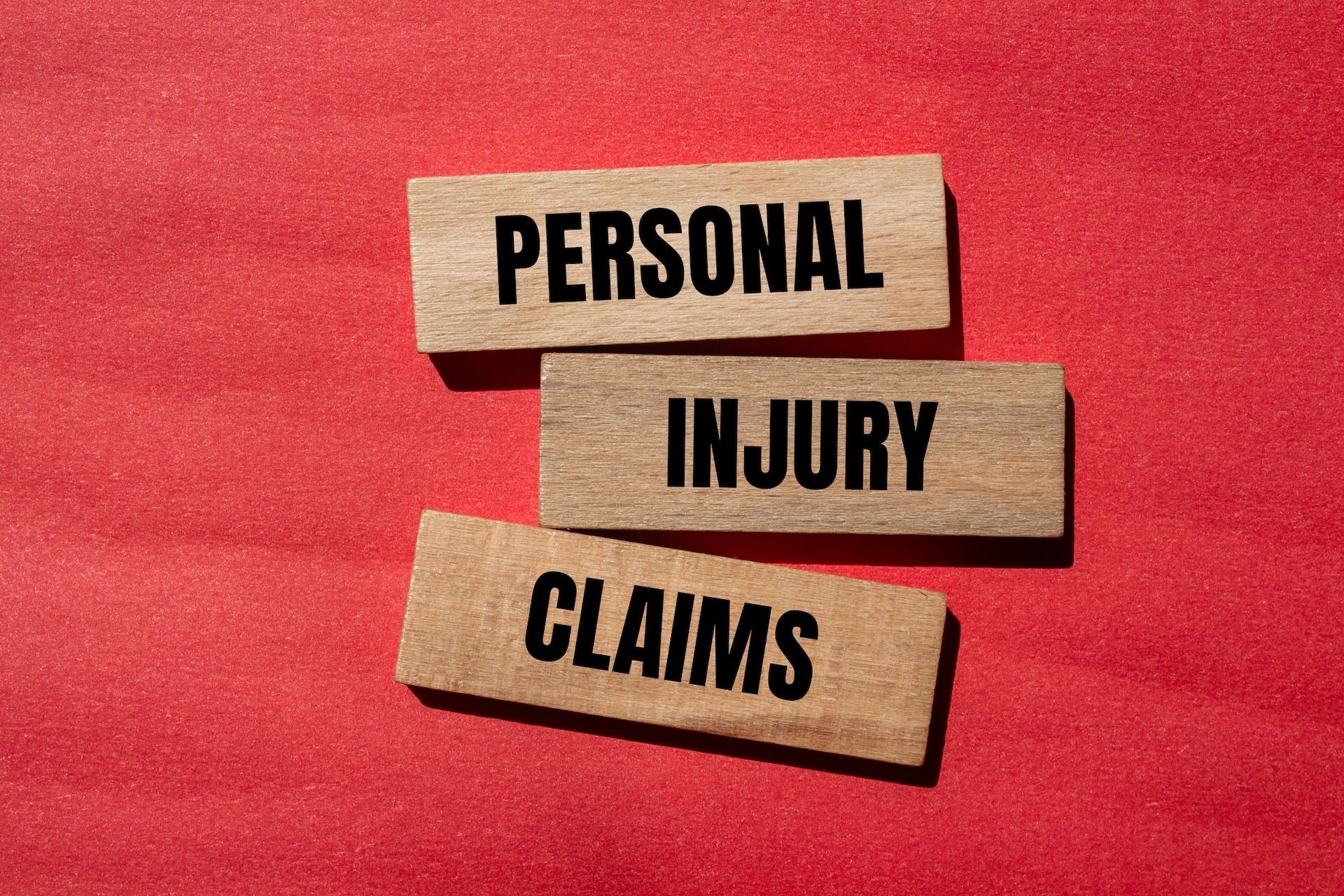What To Expect During A SSDI Disability Hearing

There’s no fear bigger than the fear of the unknown. If you were asked to attend a disability hearing before an administrative law judge, you’re most likely busting your brain trying to make sense of it all.
Fortunately, we got you covered. We’ll go over all the key details of an
SSDI hearing in today’s post, which might help you mentally prepare for the ordeal.
What Does An SSDI Disability Hearing Look Like?
Disability hearings are closed to the public and look nothing like regular court proceedings. They’re a private matter, and the only people in the hearing room are the judge, the participants, and a witness who may not be present throughout the entire hearing.
The hearing room will look like an office and only contain a table that can seat you and your attorney, as well as a table each for the judge and the vocational experts.
Types Of Questions You Can Expect At An SSDI Disability Hearing
During the hearing, the judge or your attorney may ask you a series of questions, most of which you should be able to answer accurately. Here are some of the questions you can expect:
- Personal background questions
These include information about your name, mailing address, physical measurements, and most importantly, your educational background.
- Work background questions
You’ll also have to clarify information about your current employment status, attempts to find employment after the onset of your disability, along with your work history and the duties you had.
- Medical questions
The judge or your attorney may also ask you about the items on your medical record and to clarify your personal experience dealing with the disability in question.
- Specific activity limitation questions
These questions are about your limitations for specific activities. For instance, you may need to answer how long you can stand, how far you can work, or the weights you can lift.
- Non-physical related activity limitation questions
These are similar to the ones in the previous category, with the difference being that they’re related to mental health limitations or limitations occurring because of pain. You may need to clarify whether you have memory problems or trouble concentrating, or if there are any hobbies you can no longer participate in due to your pain.
- Questions on specific activities
These questions only apply if your medical record indicates you had trouble with substance abuse. For example, you may need to answer whether you still have a problem with said substances and what was the last time you used them.
How To Answer Questions At A Disability Hearing
Despite the fact you can’t anticipate each question, you should do your best to prepare. If the judge asks you how long you can walk before needing to take a break, you should never tell them you’re not sure.
Rather, you should describe in detail how long and how far you can walk before you need to catch a breather.
As a rule, avoid answering questions with phrases such as “it depends” or “it’s hard to say”. These responses don’t provide sufficient details to paint an accurate picture of your limitations. This is why you should be as specific as possible.
Also, keep in mind that you should never lie. Even if you don’t have a clear answer, ask the judge to give you a minute to remember.
How To Effectively Present Your Case
The hearing is your opportunity to showcase the full extent of your disability. When providing testimony, should focus on your physical symptoms, pain level, and the restrictions imposed by your disability.
Your testimony also needs to address your functional capacity, such as your abilities to travel, stand, sit, walk, and lift.
It’s also necessary to substantiate your testimony with a detailed description of daily activities that have suffered due to your disability.
Lastly, you should also explain your medical treatment, such as its type, frequency, etc.
Although the judge is mostly interested in what you have to say, you can call your family members, friends, or co-workers to testify and substantiate your claims.
How To Improve Your Chances Of Success
There are no rules here, but you can certainly make a better impression and increase your chances of success by following the next few tips:
- If you need to point to a part of your body during the testimony, you should verbally describe the body part you’re discussing. For instance, if you want to point to the lower back when discussing the area where you feel pain, you should also state you’re pointing to your lower back from behind your stomach down to your tailbone.
- Don’t shy away from providing a clear yes or no response if the question warrants such an answer.
- Never talk over anyone else, especially the judge, and always wait for the judge to finish asking the question before providing an answer.
- If you need to take a break in the middle of the hearing due to pain, request the judge’s permission first.
- Wear appropriate clothing.
- Don’t chew gum or candy while the Disability hearing is in session. The only exceptions are food items such as lozenges that you may need due to an illness. If this is the case, alert the judge at the beginning of the hearing.
- If you’re attending a phone hearing, find a quiet place in your home with minimal background noise. Since the hearing can take up to an hour, charge your phone fully, and if possible, locate a spot in your home with the best reception.
Leave Nothing To Chance
Hopefully, reading these tips helped you alleviate some of the stress.
Yet, while most of the information here is generally applicable to almost every disability hearing, don’t be surprised if the judge in your case throws in a few curve balls or changes up the process due to personal preferences.
To eliminate all uncertainty, reach out to an experienced SSDI lawyer who can help prepare you for the event and find new ways to strengthen your testimony.
Since making mistakes, such as providing incomplete answers to the administrative law judge’s inquiries can cost you your benefits, you owe it to yourself to do everything in your power to maximize your chances of success - and hiring a lawyer is the best thing you can do in this situation.
Note:
The information in this blog post is for reference only and not legal advice. As such, you should not make legal decisions based on the information in this blog post. Moreover, there is no lawyer-client relationship resulting from this blog post, nor should any such relationship be implied. If you need legal counsel, please consult a lawyer licensed to practice in your jurisdiction.
Disclaimer: The information on this website and blog is for general informational purposes only and is not professional advice. We make no guarantees of accuracy or completeness. We disclaim all liability for errors, omissions, or reliance on this content. Always consult a qualified professional for specific guidance.








